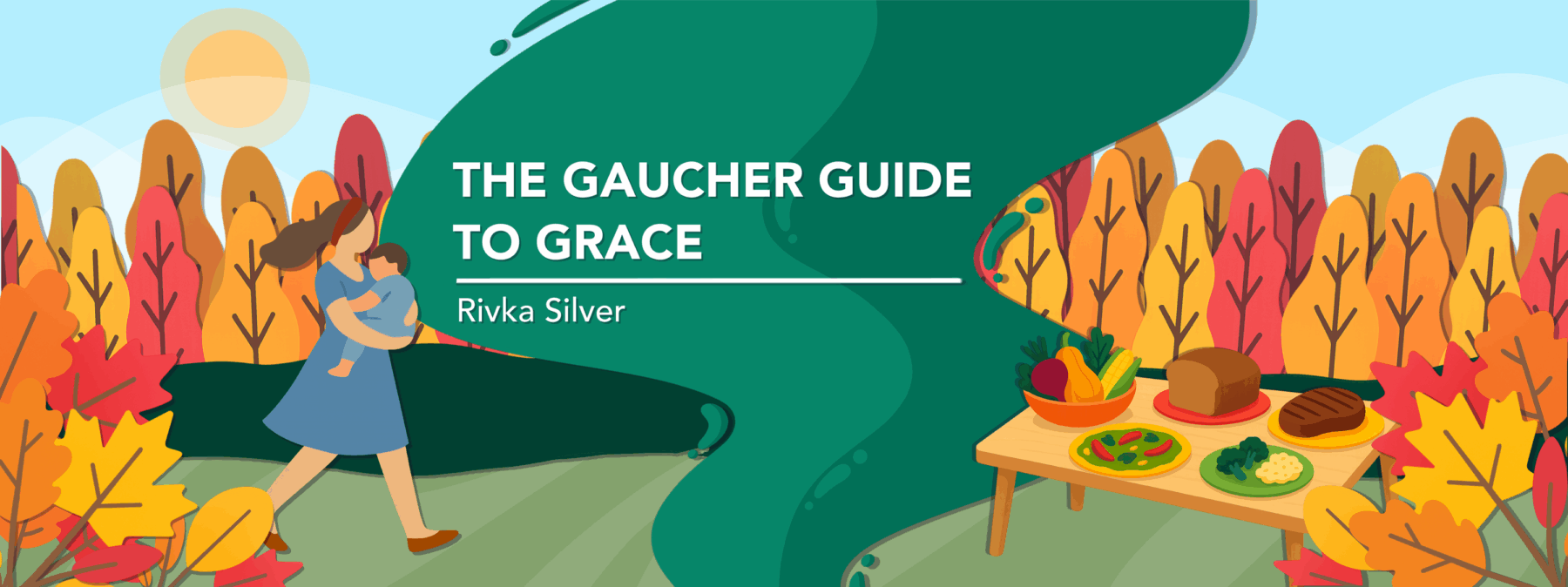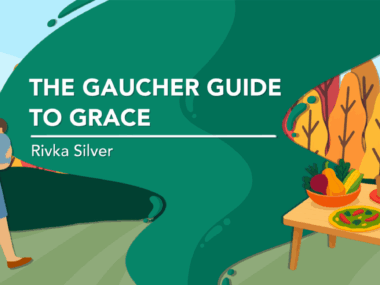Living with Gaucher disease teaches me the value of slowing down
I've learned to redefine what strength looks like
Written by |

Our society often rewards the people who are always going, going, going. We measure success by how busy we are, how much we accomplish, and how many people we can please along the way. For a long time, I lived that way, too. I felt the constant pressure to do more, to be there for everyone, to never say no. That was until my body, with the quiet persistence of Gaucher disease, taught me otherwise.
Fatigue has a way of forcing truth on you. It doesn’t ask for permission or wait for the right timing; it simply shows up. For me, it’s been a humbling teacher. The kind of exhaustion that comes with Gaucher disease isn’t the kind you can fix with an early bedtime or an extra cup of coffee. It’s deeper, like a reminder from within that it’s time to slow down, to rest, to stop pretending I can do it all.
I’m a stay-at-home mom who also works and takes on various side projects, so my days are usually filled to the brim. For a long time, I equated productivity with value. If I wasn’t doing something, I felt guilty — as if rest were a luxury I hadn’t earned. But over time, my body made it clear that ignoring my limits wasn’t strength; it was self-sabotage.
Learning to slow down hasn’t been easy. As a recovering people pleaser, it’s hard to accept that not everyone will always be happy, and that I can’t be everything to everyone. But that realization has also been freeing. I’ve started to prioritize the things and people that truly matter, instead of scattering my energy in a hundred different directions.
Rest, I’ve come to understand, is not the opposite of productivity — it’s part of it. When I allow myself to pause, I’m more present, more creative, and more emotionally grounded. I can give more to my family and my work because I’m not constantly running on empty.
Gaucher disease has given me a new kind of rhythm. I still have days where I try to do too much, but I’m learning to listen to my body before it reaches the point of collapse. I no longer see rest as weakness. It’s my way of honoring the life I want to live and the body that carries me through it.
There are still days I push too hard, and I pay for it. But I’m getting better at catching myself earlier, at saying no without apologizing. Slowing down doesn’t mean giving up, it just means choosing where to put my energy.
And for me, that’s enough.
Note: Gaucher Disease News is strictly a news and information website about the disease. It does not provide medical advice, diagnosis, or treatment. This content is not intended to be a substitute for professional medical advice, diagnosis, or treatment. Always seek the advice of your physician or other qualified health provider with any questions you may have regarding a medical condition. Never disregard professional medical advice or delay in seeking it because of something you have read on this website. The opinions expressed in this column are not those of Gaucher Disease News or its parent company, Bionews, and are intended to spark discussion about issues pertaining to Gaucher disease.




Leave a comment
Fill in the required fields to post. Your email address will not be published.